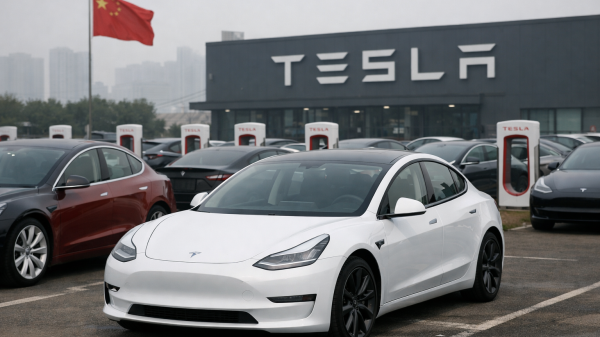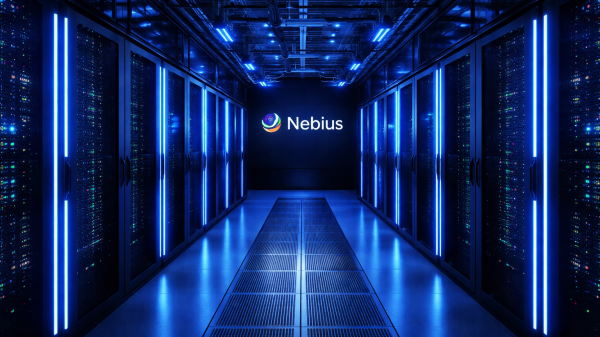OpenAI is preparing to launch an artificial intelligence-powered web browser in the coming weeks, potentially setting the stage for a direct challenge to Alphabet Inc.’s market-leading Chrome browser.
The move, reported by Reuters citing three people familiar with the matter, signals OpenAI’s ambitions to further integrate its AI tools into consumers’ everyday digital experiences—and to tap into valuable user data that has long fueled Google’s advertising business.
As per the report, the browser is designed to offer a fundamentally different user experience by integrating a ChatGPT-style interface capable of performing tasks on users’ behalf without the need to click through to traditional websites.
A strategic push into the browser market
The upcoming browser is part of OpenAI’s broader strategy to embed its services into both the personal and professional lives of consumers, one of the sources told Reuters.
By creating its own browser instead of developing a plug-in or extension for existing browsers, OpenAI aims to gain greater control over the data it can access—a critical asset in the competitive AI and advertising ecosystems.
The browser is being built on Chromium, Google’s open-source browser engine, the same underlying codebase used by Microsoft Edge and Opera.
Last year, OpenAI hired two longtime Google vice presidents who had been part of the original team that developed Chrome, a sign that browser development has been under consideration at the company for some time.
Chrome’s central role in Alphabet’s ad empire
The potential release comes at a time when Alphabet faces increased regulatory scrutiny over its control of the online search and advertising markets.
Chrome, which commands over two-thirds of the global browser market according to data from web analytics firm StatCounter, plays a pivotal role in Google’s advertising ecosystem.
It enables the company to gather user data and route search queries to Google’s search engine by default, tools that bolster ad targeting and revenue.
Advertising accounts for nearly 75% of Alphabet’s total revenue
The Department of Justice has alleged that this dominance, including the role of Chrome, contributes to an unlawful monopoly.
A US judge ruled last year that Alphabet holds such a monopoly in online search, and the DOJ has called for a potential divestiture.
Google has said it plans to appeal the ruling and has not offered Chrome for sale.
In April, an OpenAI executive testified that the company would be interested in acquiring Chrome if regulators succeeded in forcing Alphabet to sell the browser.
However, the company has now chosen to move ahead with its own browser instead.
The browser gold rush
OpenAI’s push into browsers comes amid a wave of similar efforts from AI-focused companies.
Perplexity, a startup known for its AI search engine, launched its own browser called Comet earlier this week.
Other startups, including The Browser Company and Brave Software, have also released AI-powered browsers with features such as intelligent summarization and autonomous browsing.
Despite its innovation, OpenAI will face stiff competition. Chrome is used by over 3 billion people worldwide, while Apple’s Safari holds second place with a 16% market share.
OpenAI’s own user base includes 3 million paying business subscribers to ChatGPT, as the company disclosed last month, and it claims 500 million weekly active users overall.
The post OpenAI to launch AI-powered browser, targeting Chrome’s dominance: report appeared first on Invezz




































